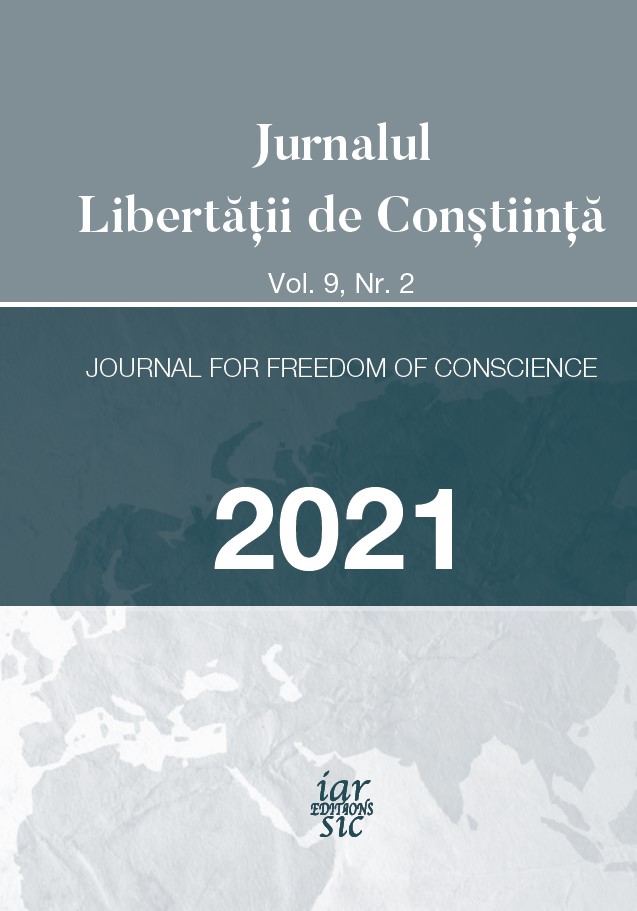DESPRE NATURA MINȚII, FLUXUL EMOȚIILOR ȘI DESCHIDEREA CĂTRE CEILALȚI ÎN BUDDHISMUL TIBETAN
On the nature of the mind, the emotional flux and openness towards others in Tibetan Buddhism
Author(s): Maria Rodica IacobescuSubject(s): Human Rights and Humanitarian Law, East Asian Philosophy, Experimental Pschology
Published by: Editions IARSIC
Keywords: suffering; mind; emotion; attachment; ignorance;
Summary/Abstract: In the spiritual tradition of Buddhism, the human being, whose existence is marked by suffering, can release itself from it by knowing the true nature of the human mind and understanding its emotions. The main causes of human suffering are karma and mental disturbances such as ignorance and attachment. The source of ignorance is the attachment to a notion of personal identity, of an ego, of a self that seems to be independent, singular, autonomous and durable. The emotions, when they become destructive, distort our perception of reality, therefore generating a discrepancy between the way things appear to be and the way they truly are. The main causes behind these perceptions are the three „poisons”: desire, attachment and aversion. At the center of all Buddhist teachings sits the concept of compassion towards all beings, because all of them deserve the right to release themselves from suffering and to enjoy happiness. The practice of compassion in Buddhism is a feeling of love and responsibility and respect for all that exists around us and is realized by renouncing egoism and building empathy and altruism.
Journal: Jurnalul Libertății de Conștiință
- Issue Year: 9/2021
- Issue No: 2
- Page Range: 297-310
- Page Count: 14
- Language: Romanian

